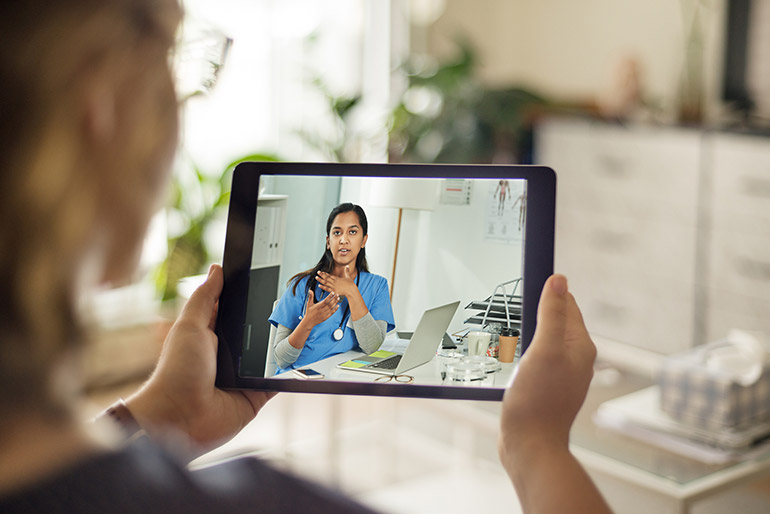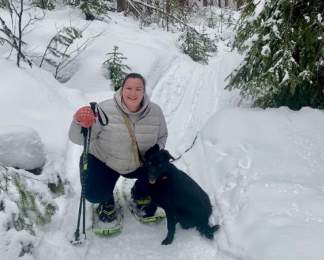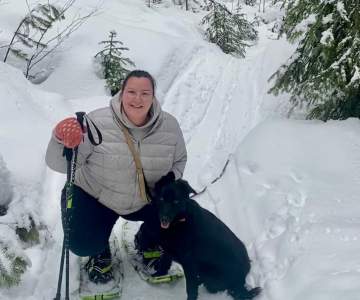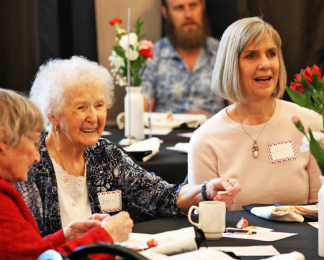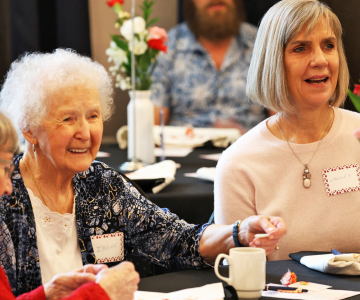Expanded access to specialized care and reduced travel key benefits for patients and caregivers
New research from the UBC Southern Medical Program (SMP) supports the use of telehealth in the care of Parkinson’s patients in rural communities, particularly within the Interior Health region.
The treatment of Parkinson’s disease is highly complex and relies heavily on a patient’s changes in their physical features over time, such as the rigidity of muscles and movement of limbs. As these characteristics can vary significantly between patients, personalized treatment plans must reflect individual circumstances and other lifestyle factors.
Fourth-year SMP student Dakota Peacock and lead author of the new study underscores the need for Parkinson’s patients to have access to quality health care regardless of the size and location of their home community.
Within the B.C. interior’s vast and mountainous landscapes, lengthy travel times and hazardous road conditions, especially during the winter months, can provide additional barriers to patients and their caregivers. Additionally, the COVID-19 pandemic has led to a dramatic increase in the need for virtual health care options to support patients remotely.
“The focus of our study was to gain a deeper understanding of the challenges faced by Parkinson’s patients within Interior Health region in accessing specialized care,” says Peacock. “We also sought to assess their potential willingness to use telehealth technologies in supporting their health and well-being.”
Dr. Daryl Wile, neurologist with the Okanagan Movement Disorder Clinic and study co-author, acknowledges the effectiveness of telehealth in Parkinson’s care is yet to be established. However, he believes certain aspects of physical exams are less critical in follow-up appointments and could be delivered remotely.
“To use telemedicine for people with Parkinson’s Disease we need to understand how we can adapt the tools we have to the many different types of symptoms they may be facing,” says Wile, clinical assistant professor with the SMP based at UBC Okanagan.
Based on the survey results, 80 per cent of respondents indicated a willingness to use telehealth for follow-up appointments as part of their Parkinson’s treatment. Key challenges reported including difficulty accessing specialized care closer to home and the financial and emotional toll of travel on caregivers or family members.
“It’s encouraging that we could potentially minimize some of the barriers and stressors for Parkinson’s patients in accessing care, but fully recognize there is no one-size-fits-all approach,” adds Peacock.
The UBC study was recently published in the Canadian Journal of Neurological Sciences.
